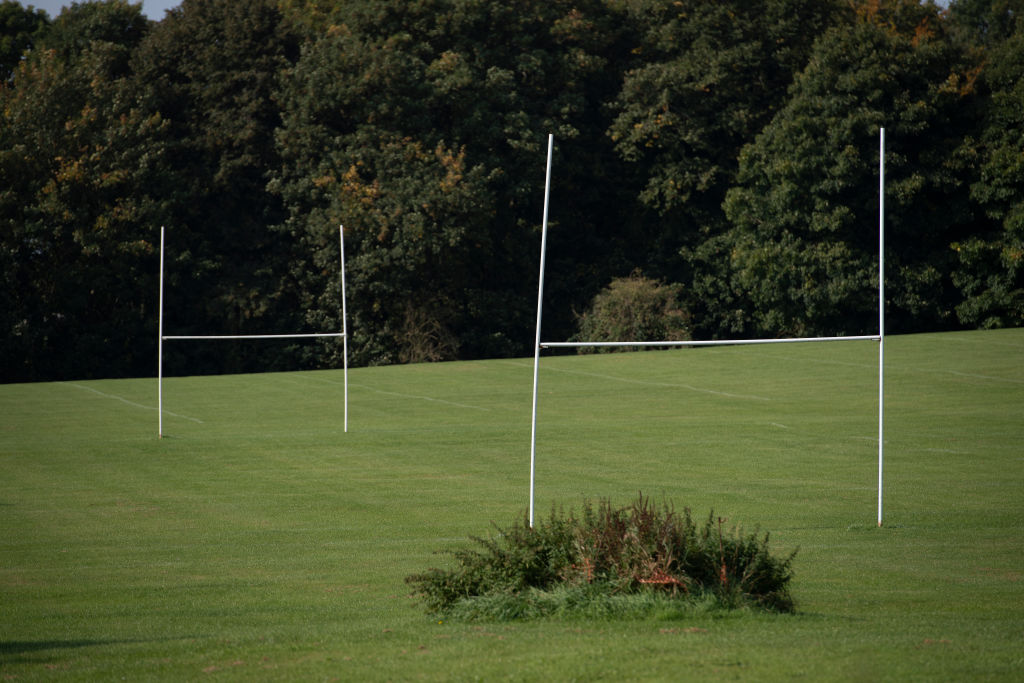‘Mandatory reporting of injuries can help with concussion at grassroots’

Former Team GB chief executive Andy Hunt has called on sport to introduce the mandatory reporting of injuries on a new national database to ensure grassroots players are better protected from concussion.
A YouGov survey for Podium Analytics this autumn revealed that 67 per cent of people back mandatory reporting of head injuries in rugby, 61 per cent in football and 53 per cent in hockey as the population’s worries over injuries at grassroots level remains high.
Much of the discussion surrounding injuries in sport centres around the elite game, with grassroots injuries largely excluded from major studies.
“One of the core issues right now is concussion,” Hunt, chief executive of Podium Analytics, told City A.M. “DCMS have done a good job in pulling together the first concussion guidelines for grassroots.
“They provide a common approach to how to deal with concussion but the problem is that a lot of young people and adults don’t play one sport in one environment.
“So if we are serious about helping people to manage, we need to use underlying technology that can help inform different environments.
“But unless governing bodies mandate the reporting of head injuries or funding bodies or DCMS or legislation – and we would prefer governing bodies take the initiative with strong encouragement from the funding councils – it will be very difficult to put in place.”
The research goes on to suggest that all injured players, or those suspected of a head injury, should be removed from the field of play as a mandatory precaution to reduce the number of longer-term injuries and that funding could be withheld.
Manchester United defender Harry Maguire looked to be in discomfort after a clash with Fulham player Rodrigo Muniz at the weekend but was cleared to continue playing, which led to concerns being raised by brain injury charity Headway.
Rugby, on the other hand, has looked to tackle concussion injuries with Head Injury Assessments in the sport but often players involved in collisions aren’t checked because those assessments aren’t mandatory for everyone involved in an incident.
Research released by World Rugby yesterday stated that “86 per cent of forces on the head in community rugby are the same or less than those experienced in general exercise such as running and jumping” and that an Ulster University study shows that “most contact events in men’s and women’s elite rugby do not result in players experiencing significant force”.
“I am not for withholding money from anybody,” Hunt added when asked whether that could force organisations into change.
“But if we can [make change] faster by sporting organisations telling bodies they need to do this as part of funding agreements then that of course may be necessary.
“Governing bodies need to move faster.”